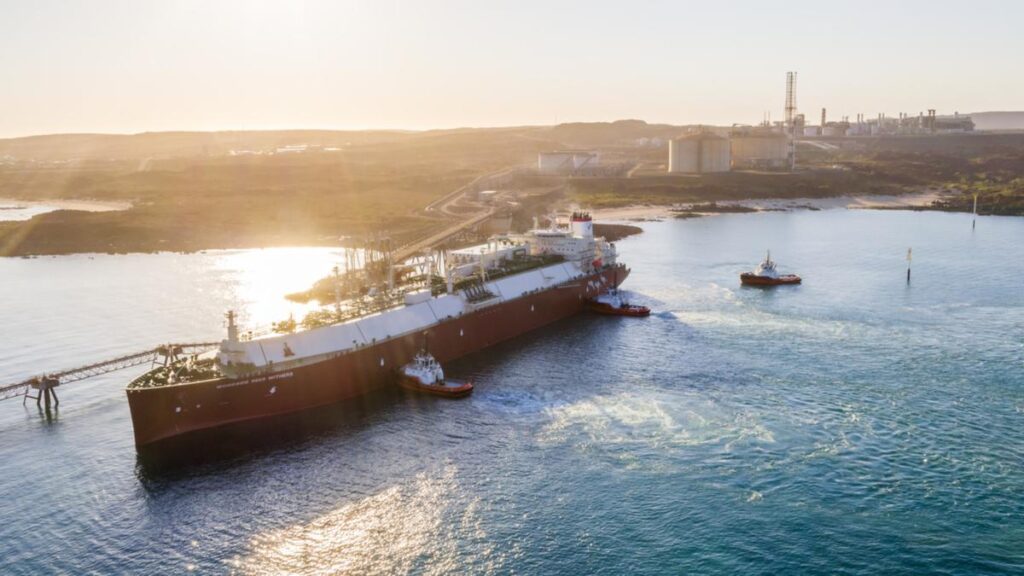Woodside Energy is set for a fresh clash with environmentalists after regulators reopened consultation on the $30 billion Browse project.
The company has reworked the plans to cut environmental impact, and the amended proposal will be open for public comment for four weeks, the Environmental Protection Authority said on Monday.
It comes almost seven years after the ASX-listed oil and gas giant first lodged the project for approval — and the plan has remained before the regulator ever since.
Woodside hopes to pipe gas from the long-awaited Browse field off the coast of Broome about 900 kilometres to be processed and exported at the North West Shelf plant in Karratha.
The Karratha plant’s future also hangs in the balance amid a separate approval process now before the Federal environment department.
Browse is the most significant resources project proposed in Western Australia but is controversial due to the significant carbon emissions as the country chases net zero by 2050 to fight climate change.
The fresh proposal has a smaller development envelope to avoid underwater habitat near Scott Reef, and reduced impact on green turtles.
EPA chair Darren Walsh said the regulator needs to assess whether the proposal can be amended.
“So much time has passed since the last public consultation and the proposal has changed since the original referral,” Mr Walsh said.
“We think a four-week public review of this latest proposed amendment is appropriate for such a complex assessment of multiple environmental factors across a very sensitive project area.”
He said another public consultation was “not usual process for the EPA” but the Authority believed “the circumstances warrant it”.
A spokeswoman for Woodside said Browse would held meet energy demand in WA and the Asia Pacific, support thousands of jobs, and pay billions of dollars in taxes and royalties.
“Investment in new gas supply, such as Browse, is needed to deliver domestic gas for Western Australians,” the spokeswoman said.
“In WA gas is increasingly used to replace coal in generating electricity needed to heat and cool homes and keep lights on.
“Natural gas is also used in the production of bricks, aluminium and fertiliser, and our mining, manufacturing and critical minerals industries rely on it.”
She said Australia’s environmental rules were “stringent” to minimise impact.
WA is facing a shortage of gas within the next ten years if fresh supply is not brought online.
Life-cycle emissions from the Karratha plant would be more than 80 million tonnes of CO2 annually. It is hotly contested because of the impact on climate change, but backers say it will help Asian customers decarbonise by replacing coal power.
Last week, Woodside’s board largely sailed through a protest against directors at an annual meeting with a 15 per cent vote against the company’s remuneration report.

